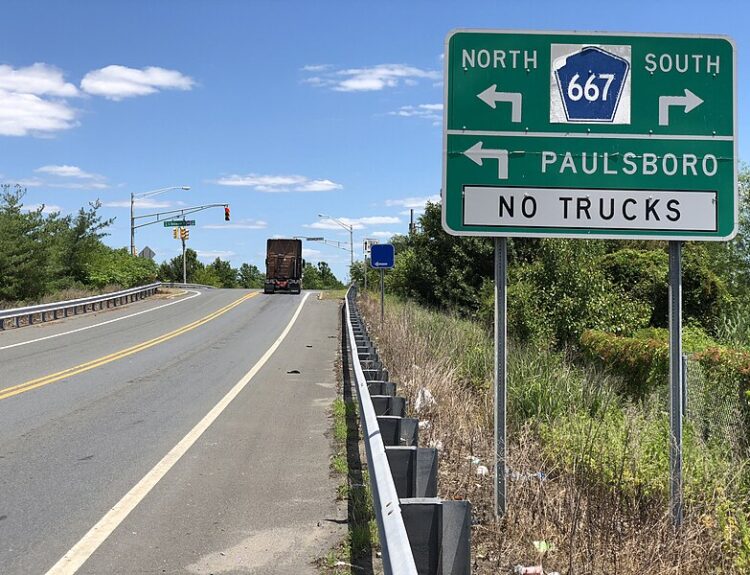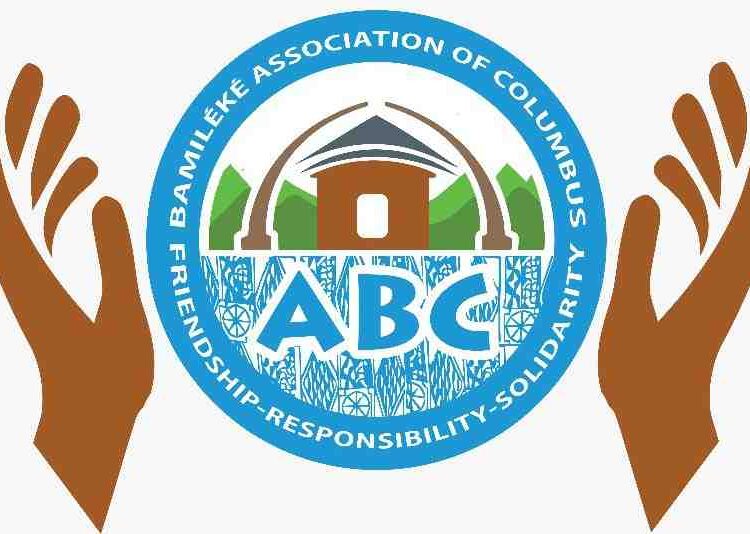Setback for Democrats and environmentalists
- U.S. appeals court strikes down moratorium on coal leasing from federal lands
- Ruling could open the door to future coal sales from publicly owned reserves
- Setback for environmentalists and Democratic lawmakers
- Uncertain demand for new leases due to decline in coal production
- Most mining occurs in Western states
- Leasing moratorium didn’t halt mining but prohibited federal lease sales
- Moratorium was rescinded under Trump and revived by a federal district judge
- De facto moratorium appears to be in place now
- National Mining Association hails ruling as a victory for American-mined energy
- Calls for decisive federal action to end coal leasing and phase out coal mining on federal lands
A U.S. appeals court has struck down a moratorium on coal leasing from federal lands, potentially allowing for future coal sales from publicly owned reserves. The ruling is a setback for environmentalists and Democratic lawmakers who have sought to curtail the federal coal leasing program. However, the demand for new leases remains uncertain as coal production from federal lands has declined in recent years. Most of the mining occurs in Western states such as Wyoming, Montana, and Colorado. The leasing moratorium, originally enacted in 2016, prohibited federal lease sales that are crucial for companies seeking to expand their operations. The moratorium was rescinded under the Trump administration but revived by a federal district judge. The appeals court ruling stated that a de facto moratorium appears to be in place now, as lease sales have been diminishing. The National Mining Association sees the ruling as a victory for American-mined energy and believes it could allow stalled mining projects to advance. However, environmental groups and the Northern Cheyenne Tribe are calling for decisive federal action to end coal leasing and phase out coal mining on federal lands.
Factuality Level: 8
Factuality Justification: The article provides a detailed and factual account of a U.S. appeals court striking down a moratorium on coal leasing from federal lands. It includes information on the history of the moratorium, the impact on coal production, reactions from different stakeholders, and the environmental implications of coal mining. The article presents the information objectively without significant bias or sensationalism.
Noise Level: 3
Noise Justification: The article provides a detailed overview of the U.S. appeals court striking down the moratorium on coal leasing from federal lands. It includes information on the history of the moratorium, the impact on the mining industry, environmental concerns, and reactions from different stakeholders. The article stays on topic and supports its claims with examples and data. However, it lacks in-depth analysis of the long-term trends or possibilities related to coal mining and climate change.
Financial Relevance: Yes
Financial Markets Impacted: The ruling could potentially impact the coal mining industry and companies involved in coal production from federal lands, particularly in Western states such as Wyoming, Montana, and Colorado.
Presence Of Extreme Event: No
Nature Of Extreme Event: No
Impact Rating Of The Extreme Event: No
Rating Justification: The article discusses a court ruling that could have implications for the coal mining industry and companies involved in coal production from federal lands. While it does not describe an extreme event, the ruling has the potential to impact the financial markets and companies in the coal sector.
Private Companies: National Mining Association,Earthjustice
Key People: Rich Nolan (President of National Mining Association), Jenny Harbine (Attorney at Earthjustice), Brian Hires (Bureau spokesperson at Bureau of Land Management)
 www.marketwatch.com
www.marketwatch.com 





